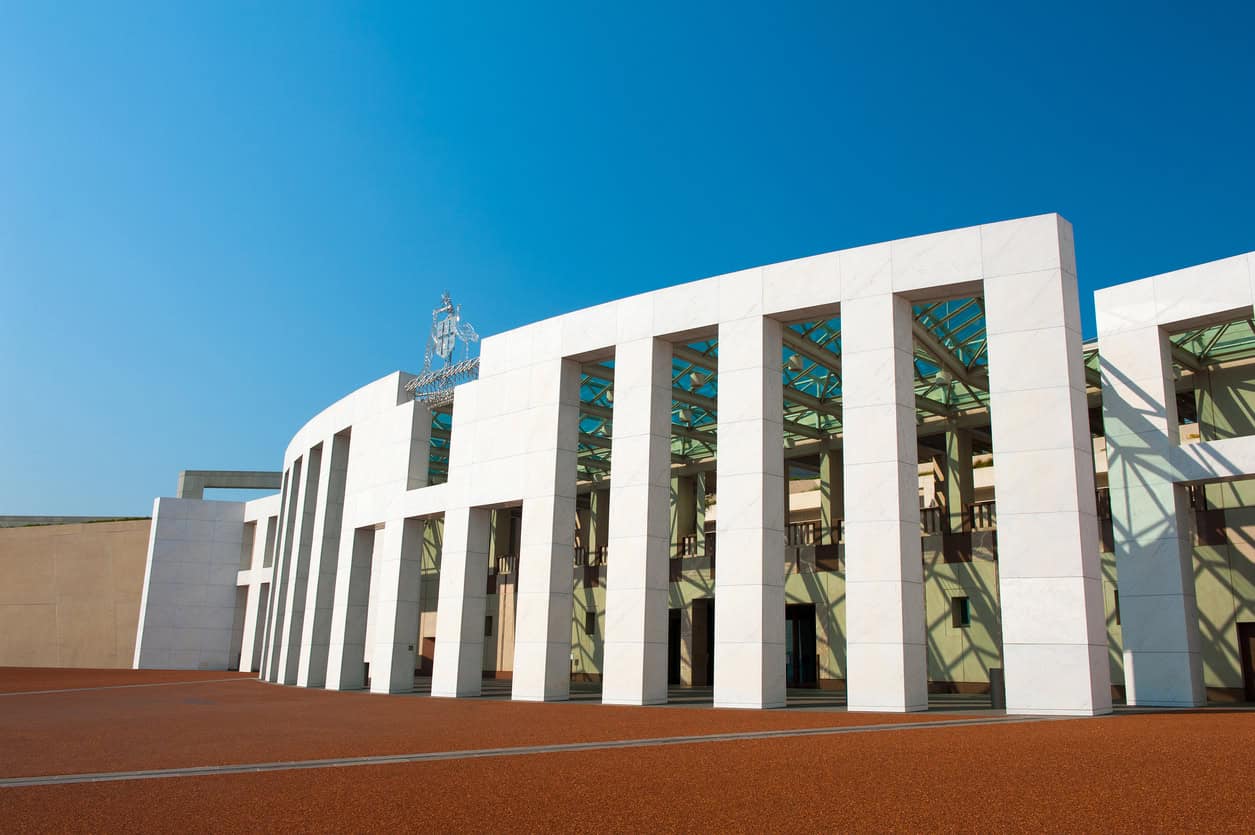In a statement that has shocked Australia’s international education sector, the Coalition announced its decision to oppose the Albanese Labor government’s proposed ESOS Bill, which includes a cap on international student enrolments, and would get rid of Ministerial Direction 107.
With the Coalition, the Greens and the Independents set to vote against the contentious legisaltion, its chances of success have been hampered.
Branding the ESOS Amendment Bill “chaotic and confused” and “set to fail to fix the migration and housing crisis of the government’s own making”, the Coalition said Labor’s “piecemeal approach does nothing to address the structural issues it has created”.
“We cannot support measures which will only serve to compound this crisis of the government’s making. Based on their record so far we have absolutely no confidence the government is capable of fixing its immigration mess,” it continued.
While many in the sector may feel relieved at the prospect of the Bill being scrapped, the Coalition’s statement hints at the potential for even more restrictive policies it may seek to pursue, saying the Bill before parliament “will not even touch the sides” of the immigration issues it sets to address.
“Only a Coalition government can deliver the decisive action needed to reduce migration so that our housing and infrastructure can catch up… By getting the migration policy settings right, the Coalition can free up more houses for Australians, reduce congestion on our roads, and relieve pressure on existing services which are stretched.”
Following the surprise announcement, education minister Jason Clare said that never in his life did he expect to see leader of the opposition Peter Dutton “get into bed” with the Greens on immigration.
“If Peter Dutton votes against this, this will destroy his credibility. You can’t talk tough on immigration and then go soft on this. You can’t talk tough on immigration and then vote against putting a limit on the number of people that come to this country every year,” said Clare.
In more worrying news for the sector, Clare confirmed that if the Bill fails to pass, Ministerial Direction 107 will be here to stay.
If the Bill doesn’t go through the Senate, then the de facto cap, which is Ministerial Direction 107, stays
Jason Clare, education minister
“If the Bill doesn’t go through the Senate, then the de facto cap, which is ministerial direction 107, stays,” said Clare.
Many universities have been hit hard by slower visa processing and increased visa cancellations since the visa processing directive came into play.
Universities Australia CEO Luke Sheehy highlighted that an estimated AUSD$4 billion has been “ripped” from the economy due to the directive, as well as thousands of university jobs put at risk.
“Some universities, particularly those in outer suburban and regional areas where MD107 is being felt most, are on their knees due to the financial impact of this destructive instrument,” said Sheehy.
Meanwhile, the Greens, which have long opposed the Bill, have declared the legisaltion “dead in the water” since the Coalition’s declaration.
“This was the very definition of how not to make policy,” said senator Mehreen Faruqi of the Greens – one of the Bill’s most vocal critics, who has often described it as a migration bill disguised as education policy.
“We pushed back hard, and now with the Coalition opposing it as well, this flawed policy will hopefully never see the light of day.”
Meanwhile, Group of Eight chief executive Vicki Thomson said the outcome “puts Australia’s national interest ahead of short-term political posturing and restores certainty”.
Speaking on the latest development, Thomson commented: “The Coalition, Greens and Independents intention to oppose the government’s Bill in the Senate opens the door for a constructive discussion about how we should not only manage growth in the international education sector but how we fund our university based research effort.”
Peter Hendy, CEO of IHEA, also praised the Coalition’s decision, stating, “The Coalition’s opposition to the ESOS Bill demonstrates a clear understanding of the potential damage this legislation could inflict on our world-class higher education system and our reputation as a premier destination for international students.”
Despite those in the sector cautiously celebrating, after months of uncertainty, many institutions had already begun to accept the potential impact of the Bill and its January 1 implementation date, which seemed almost certain.
Multiple institutions, including Australian Catholic University and UNSW Sydney, had halted recruitment to ensure they would not be in breach of the new overseas student commencement allocations set out by government under its proposed National Planning Levels.
Following the Bill’s debate on November 18, it is set to be voted on in the Senate any day now.


